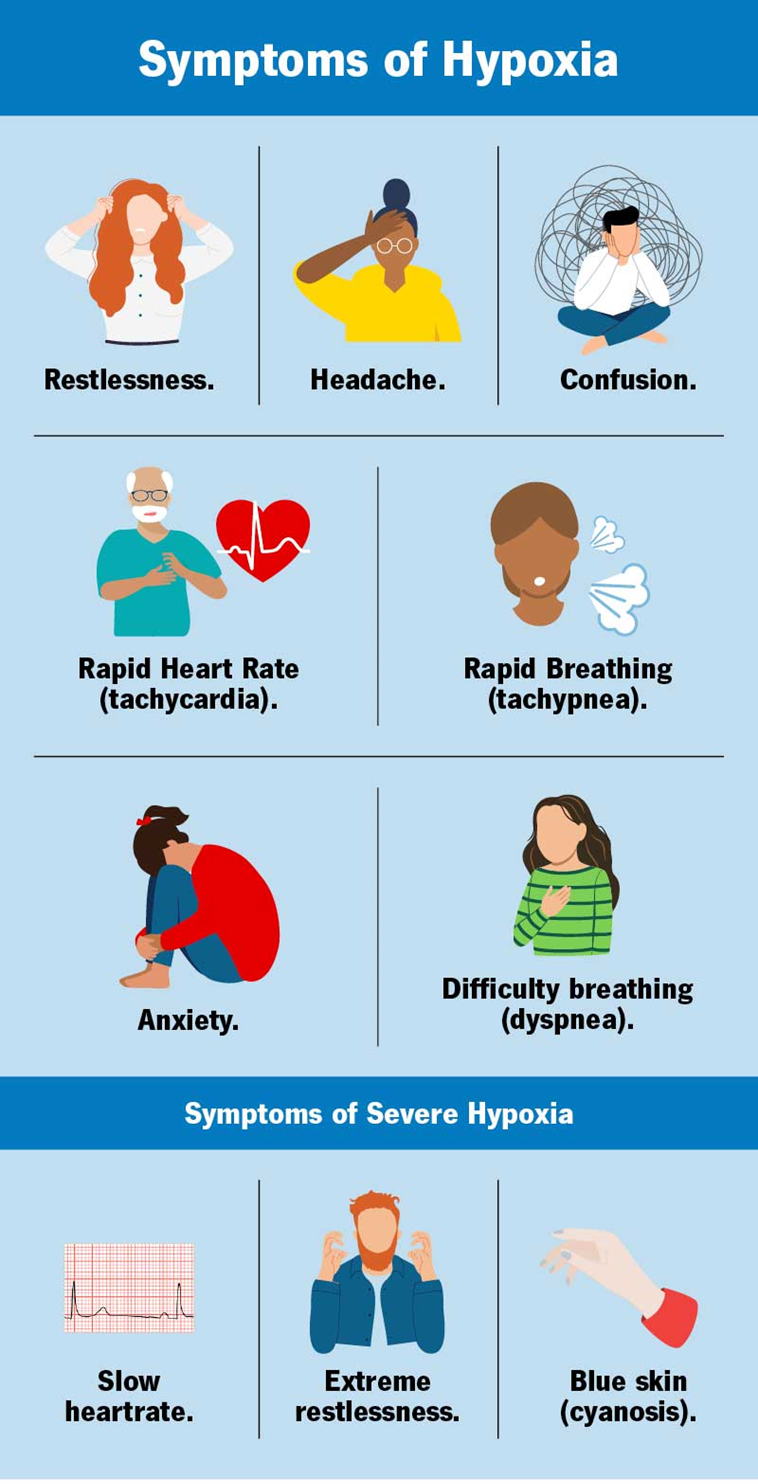A nurse is caring for a client who is complaining of thick respiratory secretions that are difficult to clear. What should the nurse encourage the client to do to help clear those secretions?
Encourage the patient to drink more fluids.
Get a prescription for an antitussive agent.
Teach effective deep breathing.
Change the patient’s position every 2 hours.
The Correct Answer is A
Choice A reason: Encouraging the patient to drink more fluids is a primary intervention for managing thick respiratory secretions. Adequate hydration helps to thin the mucus, making it easier to expectorate. Fluids such as water, herbal teas, and clear broths are particularly effective. The normal daily fluid intake for an adult is about 2-3 liters, depending on individual needs and health conditions.
Choice B reason: Getting a prescription for an antitussive agent is not the best initial approach for managing thick respiratory secretions. Antitussive agents are used to suppress coughing, which can be counterproductive when trying to clear mucus from the respiratory tract. Instead, expectorants or mucolytics are more appropriate as they help to thin and loosen the mucus.
Choice C reason: Teaching effective deep breathing is beneficial for overall lung health and can help in mobilizing secretions. However, it is not as immediately effective as increasing fluid intake for thinning thick secretions. Deep breathing exercises can be part of a comprehensive respiratory care plan but should be combined with other interventions like hydration.
Choice D reason: Changing the patient’s position every 2 hours is a good practice for preventing complications such as pressure ulcers and promoting lung expansion. However, it is not specifically targeted at thinning thick respiratory secretions. Positional changes can aid in the drainage of secretions but are secondary to ensuring adequate hydration.
Nursing Test Bank
Naxlex Comprehensive Predictor Exams
Related Questions
Correct Answer is C
Explanation
Choice A Reason:
Open the client’s visual acuity using a Snellen chart is incorrect. This action assesses cranial nerve II (optic nerve), which is responsible for vision. The Snellen chart is used to measure visual acuity, not the function of cranial nerve VI
Choice B Reason:
Whisper none of the client’s ears while blocking the other is incorrect. This action assesses cranial nerve VIII (vestibulocochlear nerve), which is responsible for hearing and balance. Whispering tests the auditory function of this nerve.
Choice C Reason:
Ask the client to inspect up is correct. Cranial nerve VI (abducens nerve) controls the lateral rectus muscle, which is responsible for moving the eye outward. Asking the client to look up and outward helps assess the function of this nerve.
Choice D Reason:
Ask the client to smile is incorrect. This action assesses cranial nerve VII (facial nerve), which controls the muscles of facial expression. Smiling tests the motor function of this nerve.
Correct Answer is A
Explanation
Choice A Reason:
Restlessness is often one of the earliest signs of hypoxia. When the body experiences low oxygen levels, the brain is one of the first organs to be affected. This can lead to symptoms such as anxiety, agitation, and restlessness as the brain struggles to function properly without adequate oxygen. These symptoms occur because the body is trying to compensate for the lack of oxygen by increasing respiratory and heart rates, which can make a person feel uneasy or restless.

Choice B Reason:
Cyanosis refers to a bluish discoloration of the skin and mucous membranes due to low oxygen levels in the blood. While cyanosis is a significant indicator of hypoxia, it is typically a later sign. By the time cyanosis is visible, hypoxia has usually been present for some time, and oxygen levels have been critically low. Therefore, it is not the earliest clinical manifestation of hypoxia.
Choice C Reason:
Apnea is the absence of breathing. This is a severe and late sign of hypoxia. When a person stops breathing, it indicates that the body has been deprived of oxygen for an extended period, leading to critical conditions. Apnea is a medical emergency and requires immediate intervention, but it is not an early sign of hypoxia.
Choice D Reason:
Bradycardia is a slower than normal heart rate. Like apnea, bradycardia is a late sign of hypoxia. Initially, the body responds to low oxygen levels by increasing the heart rate (tachycardia) to pump more oxygenated blood to tissues. Bradycardia occurs when the body can no longer compensate, and the heart rate slows down, indicating severe hypoxia and impending failure of the cardiovascular system.
Whether you are a student looking to ace your exams or a practicing nurse seeking to enhance your expertise , our nursing education contents will empower you with the confidence and competence to make a difference in the lives of patients and become a respected leader in the healthcare field.
Visit Naxlex, invest in your future and unlock endless possibilities with our unparalleled nursing education contents today
Report Wrong Answer on the Current Question
Do you disagree with the answer? If yes, what is your expected answer? Explain.
Kindly be descriptive with the issue you are facing.
